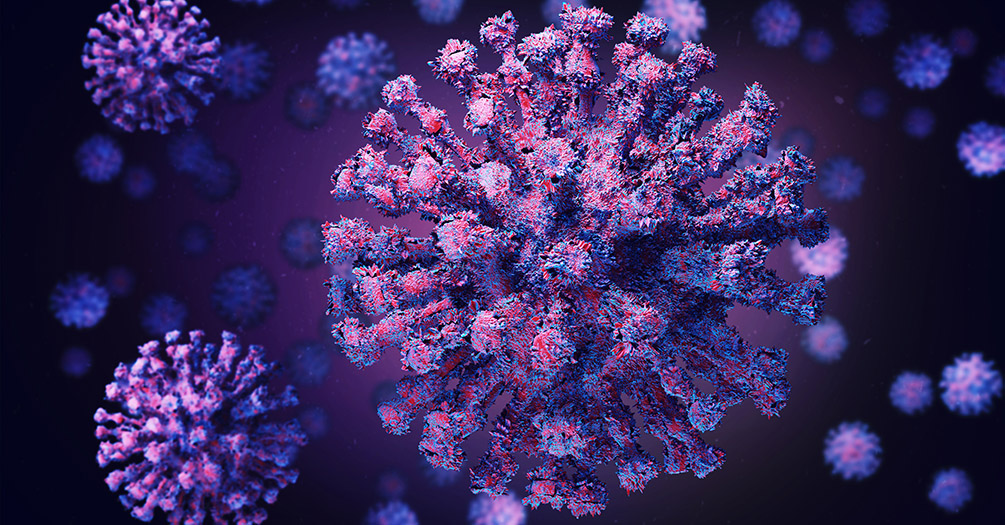
Severe COVID-19 May Be Linked to Long-Haul Symptoms
New research from Jana Hirschtick
People who experience very severe COVID-19 illness have a higher prevalence of persistent symptoms, according to a new University of Michigan study.

People who experience very severe COVID-19 illness have a higher prevalence of persistent symptoms, according to a new University of Michigan study.

Twenty dollars a month might not seem like a lot to pay for health insurance. But for people getting by on $15,000 a year, it’s enough to make some drop their coverage – especially if they’re healthy, a new study of Medicaid expansion participants in Michigan finds.

Since the beginning of the pandemic, herd immunity has been portrayed as the holy grail to overcome the COVID-19 pandemic. Abram Wagner, research assistant professor of Epidemiology, explains why reaching herd immunity might not be as simple as we thought, and what vaccine hesitancy and availability have to do with it.

Researchers at the University of Michigan joined forces with the Southwest Detroit Community Benefits Coalition and local community members to evaluate the noise impact of trucks on Southwest Detroit. Currently, trucks are being rerouted as part of the new Gordie Howe International Bridge construction.

As public health faculty passionate about health equity, Melissa Creary and Paul Fleming have spent their careers observing the ways in which racism creates barriers to health for communities. Now, the pair are laying plans to make an impact on public health education through anti-racist teaching, beginning in their own backyard.

Certain genetic factors predictive of reproductive aging are also associated with menopause symptoms like hot flashes and night sweats, according to a University of Michigan-led study published in Menopause: The Journal of The North American Menopause Society.